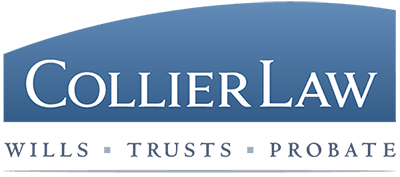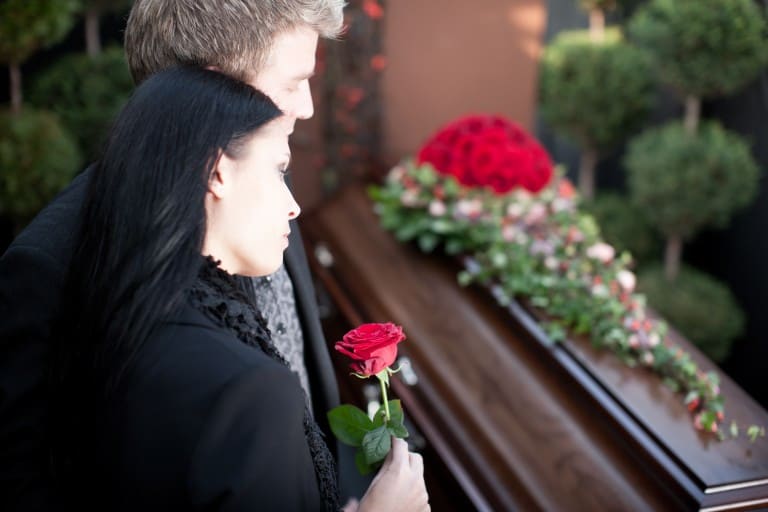What to Do and Not to Do Immediately After Someone Dies
We assist clients in their role as personal representative during the probate process, or in their role as successor trustee during the administration of a trust (or both). Probate and trust administration are legal processes that occur after a friend or loved one has passed away.
Potential clients approach us days, weeks, months, or even years after the death of someone close to them. During that time period they may have taken care of funeral arrangements, paid for utilities, kept a mortgage current by submitting periodic payments, given away some of the decedent’s property, driven the decedent’s car, and more. Some of those actions are in conflict with what we typically advise clients to do. If you are responsible for making the funeral arrangements, or you are named in someone’s Will as the proposed executor/personal-representative, or you have questions about what you should and should not do with someone’s property after they pass away, here are some helpful guidelines.
First, notify family, friends and clergy.
You should take the necessary steps that any grieving person would undertake. Make phone calls, send emails, and notify their employer.
Second, attempt to find evidence of pre-paid funeral services.
The decedent may have pre-paid for the costs of transporting their body, purchasing a casket, memorial services, burial, cremation, or more. Before you notify a funeral director, conduct some research to determine which funeral director you should call. You will want to call the funeral home the decedent has already paid so that all of their services can be taken care of according to a pre-arranged plan and payment agreement.
Third, ensure that everyone understands the decedent’s solely-owned assets must be preserved.
It is best to think of the decedent’s belongings, paperwork, and assets as “frozen in time” on the date of death. No assets or belongings should be removed from their residence. Their vehicle(s) should not be driven. Nothing should be moved great distances, modified, or taken away. (If you were married to the decedent, and/or jointly owned the assets with the decedent, the comments above have some exceptions).
Here is a list of things that potential clients tell us about after the fact:
- They have been driving the decedent’s car;
- They paid to fly family to the funeral, and expect to be reimbursed from the estate;
- They paid utilities bills from their own funds;
- They paid the monthly mortgage bill from their own funds; or
- They allowed family members to take small items from the home;
Please do not drive the decedent’s car, or other vehicles. Additionally, while funeral expenses are reimbursable expenses of the estate in the State of Oregon, the cost of flying family members or oneself to the funeral is not often considered a “funeral expense”. Hotel and meals of attendees are also not included.
Fourth, seek the help of professionals.
Whether the decedent had a Last Will and Testament, a Revocable Living Trust, or neither, someone will need to administer their estate. Obtaining legal advice from an attorney is strongly advised. You may also need the help of a CPA for tax filings.
Fifth, obtain authority to act – being named in their Will does not (yet) mean you are in charge.
If the decedent had a Will and it names you as the proposed Personal Representative or Executor to handle their estate, it does not automatically mean that you are in charge. Before you have authority to act in that role your appointment as Personal Representative must be approved by a court.

